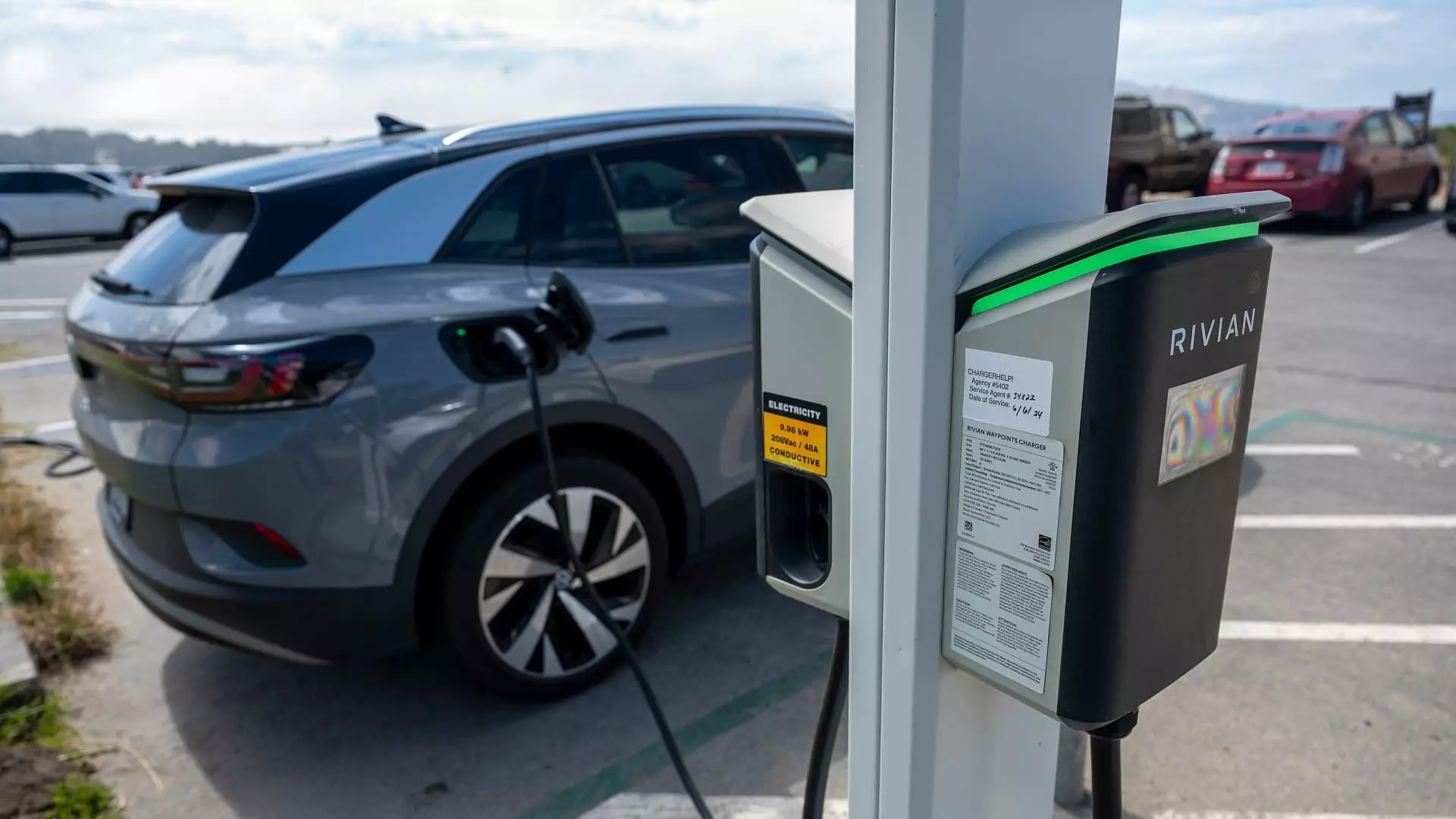When it comes to evaluating the cost efficiency of electric vehicles (EVs) compared to traditional gasoline-powered cars, factors such as the model of the EV, the buyer’s location, and charging habits play a crucial role. While the initial purchase price of an EV may be higher than a gas-powered vehicle, the long-term savings on fuel and maintenance costs often make up for that difference. Experts suggest that as battery prices continue to decline, EVs are expected to become more cost competitive with gas vehicles.
Recent data indicates that the average consumer paid more for a new EV in 2024 compared to a gas-powered vehicle. However, the gap is gradually narrowing as automakers reduce EV prices. Additionally, the federal government offers a tax credit of up to $7,500 for qualifying EV buyers, further reducing the overall cost. Some states and utilities also provide tax breaks to incentivize the adoption of EVs and support the development of charging infrastructure.
Studies have shown that owning an EV can result in substantial savings over the life of the vehicle. Consumer Reports published a study in 2023, highlighting that the typical driver could save between $6,000 to $12,000 with an EV compared to a gas-powered model. The lower need for repairs and maintenance, as well as the lower cost of electricity compared to gasoline, contribute to these savings.
The financial benefits of owning an EV can vary significantly based on the driver’s location. Factors such as regional differences in electricity and gasoline prices can impact the total lifetime cost of an EV. For example, states with higher electricity prices or lower gas prices may make it harder for EVs to break even compared to gas vehicles. Additionally, EV owners who have access to home charging facilities tend to save more money than those who rely on public charging stations.
Incentives such as tax credits and lower residential electricity prices during off-peak hours can further reduce the cost of owning an EV. For example, cities with low electricity costs, high gas prices, and direct purchase incentives are more favorable for EV owners. The study conducted by the University of Michigan analyzed costs in various U.S. cities and found that smaller EVs with lower ranges generally had a cheaper total cost of ownership than gas vehicles across the board.
While EVs demonstrate potential cost savings in the long run, various factors can influence their financial feasibility compared to gas vehicles. As battery technology advances and infrastructure continues to develop, EVs are expected to become more cost-competitive in the future. However, individuals considering purchasing an EV should carefully evaluate their specific circumstances, including their location, charging habits, and available incentives, to determine whether an electric vehicle is truly a more economical choice for them.

